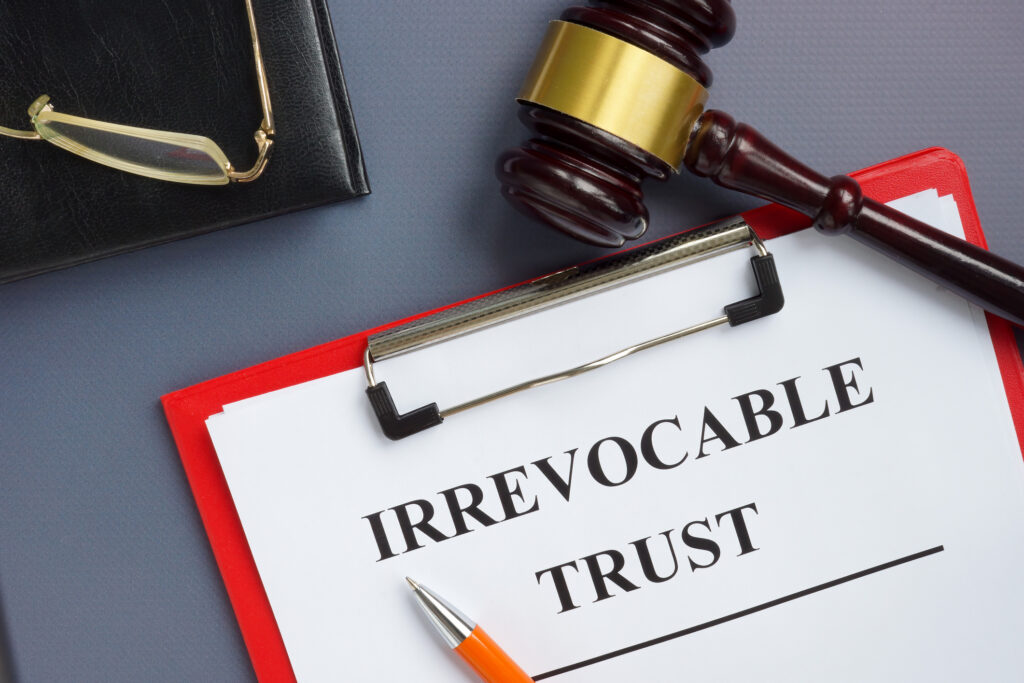
Setting up a trust as part of your estate planning and choosing the right trustee can be a smart way to protect, control and ultimately transfer your assets to your beneficiaries.
But it’s important to choose your trustee — the person or persons who will oversee the management and distribution of your trust — with care. Many who choose to create a trust (known as “trustors,” or “grantors”) name a family member or friend as trustee. And while your designated trustee may be flattered to have earned your confidence, he or she may well find the job to be one big headache.
Choosing the right trustee can relieve friends and family of personal liability
Serving as trustee means not only managing an often-complex array of investments and assets, but also being responsible for protecting and distributing your wealth to your heirs and beneficiaries. Trustees bear a weighty responsibility for the financial wellbeing of spouses, children and other beneficiaries. Oh, and trustees are personally legally liable if they mess up.
Rather than hand responsibility to a person who may be unqualified, unprepared and not readily available when needed, we suggest that you consider naming what is known as a corporate trustee. Being a qualified trustee is not a “man-off-the-street” job. Qualified corporate trustees typically have a number of advantages over friends or family acting as individual trustees.
Choosing the right trustee can bring expertise, experience, objectivity and continuity
- Expertise and experience: Qualified corporate trustees routinely make investment decisions or oversee other experts charged with making those decisions. They are used to evaluating requests for distributions and making tough calls with a cool head. In addition, corporate trustees have systems in place for keeping the necessary records and filing the required income-tax returns.
Trust accounting rules are different from the accounting rules for natural persons. Laws and regulations governing trust administration are complex and ever-changing – a fact that can exasperate individual trustees.
The business of a corporate trustee, on the other hand, is to remain on top of trust rules and regulations as part of a professional practice.
- Objectivity: We have all heard horror stories about family members feuding over the management and distribution of trust assets. Disagreements can divide even close-knit families and place family-member or family-friend trustees in an emotional bind. It’s happened on many occasions that what was intended as an act of love and caring, with a purpose to enable, has resulted in much of the opposite in the hands of unprepared and untrained family members and friends named as trustees.
Corporate trustees, free of loyalties and emotional attachments, are more capable of resisting pressure from aggrieved beneficiaries and making objective, unbiased decisions.
- Continuity: Trusts often outlive their trustees, potentially creating upheaval in the administration of the trust. It’s important to face the fact that your hand-picked individual trustee may die or become unable to execute his or her duties before your assets are distributed and the trust dissolved.
Corporate trustees don’t die or become incapacitated per se, and generally comprise multiple, qualified professionals to help to eliminate this risk.
Choosing the right trustee can relieve many burdens for a trustor
Unlike friends or family, corporate trustees won’t grow to resent the responsibilities involved in trust administration. After all, they’ve chosen to make a career of this sort of work.
By relying on corporate trustees, you will have greater assurances that your affairs will be handled as you intended – and that you won’t be unduly burdening a family member or friend.
If you would like help developing or reviewing your estate plan, or guidance selecting a trustee, we may be able to help.
